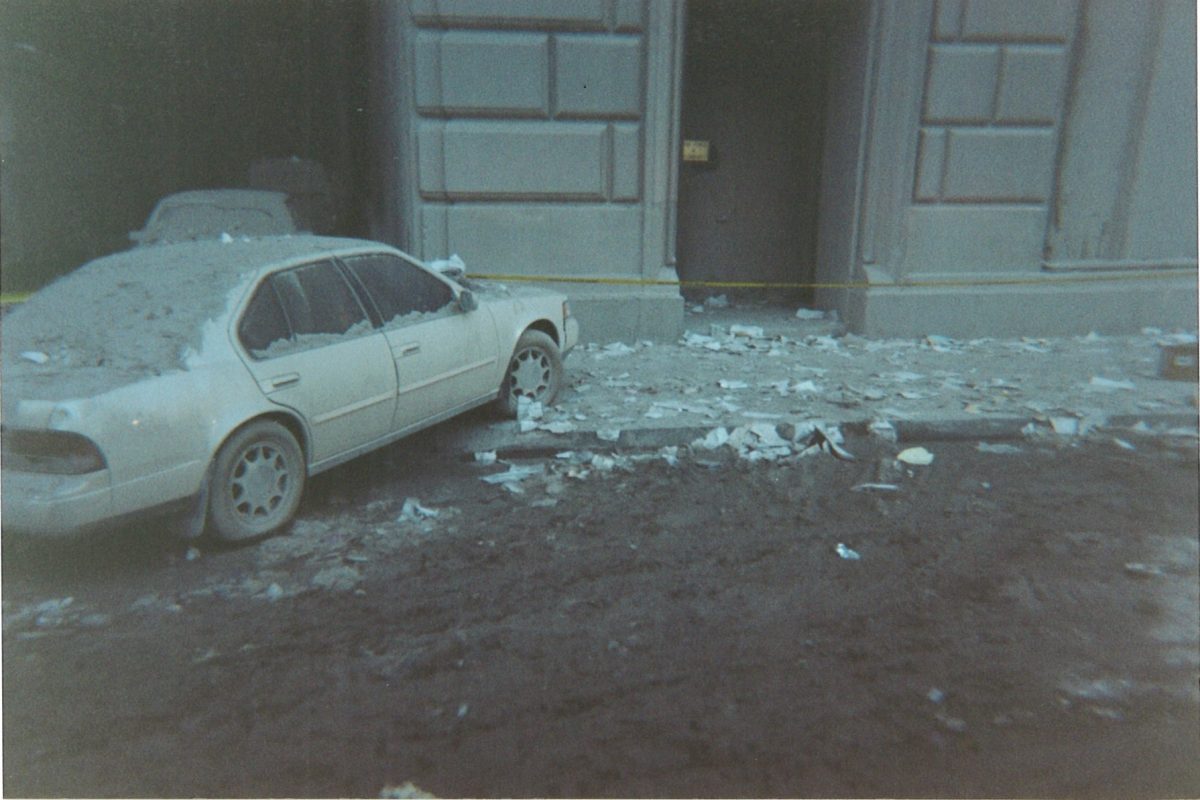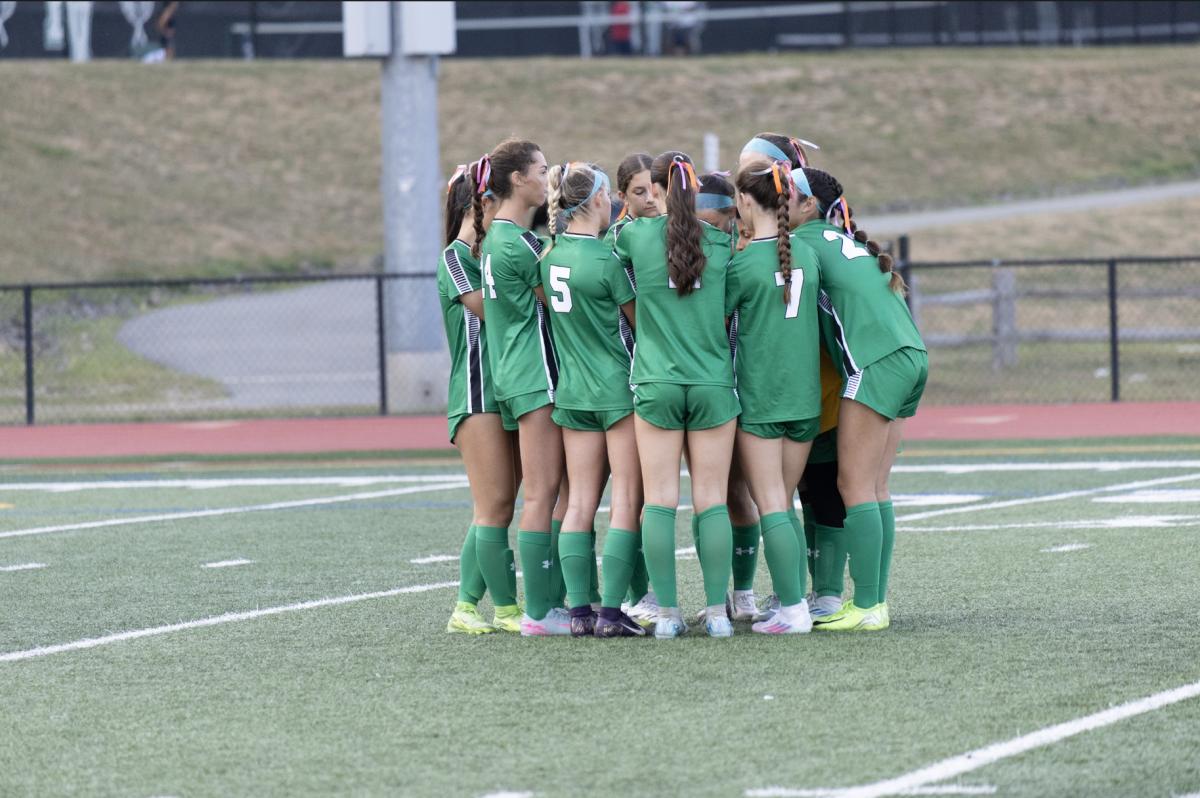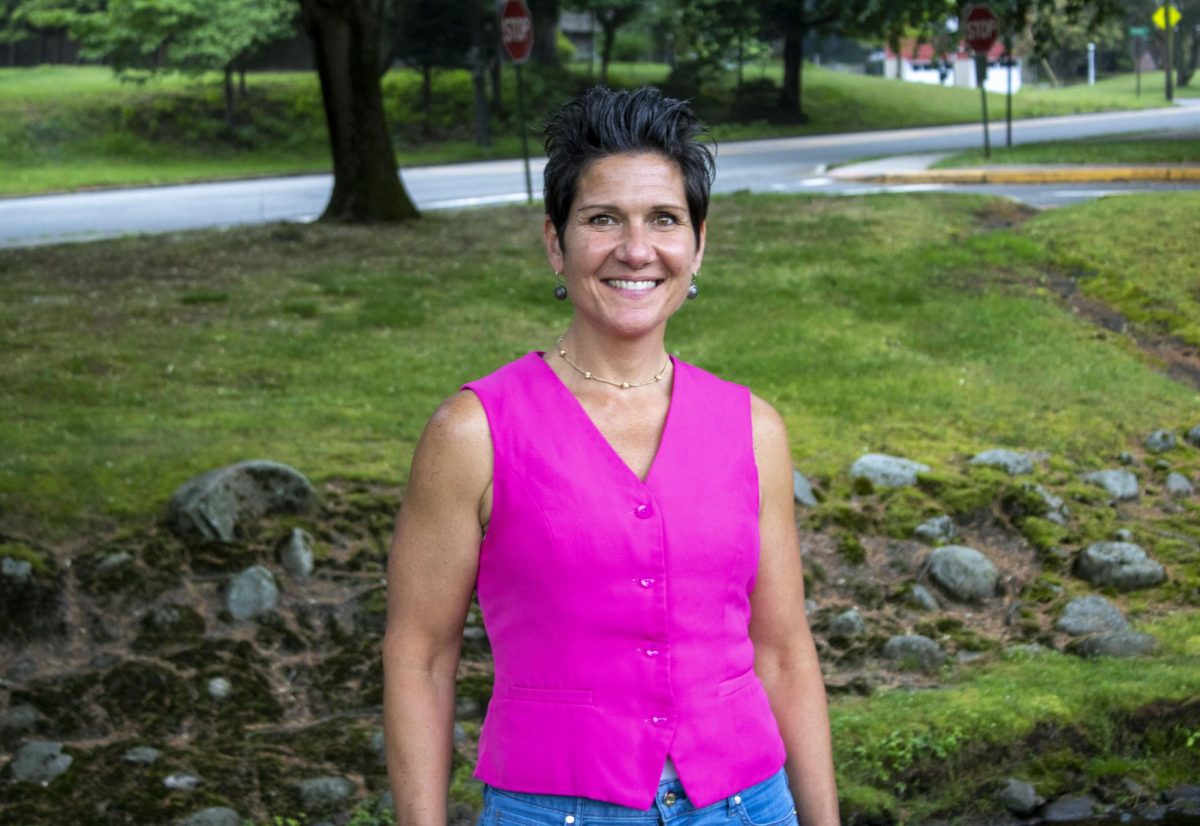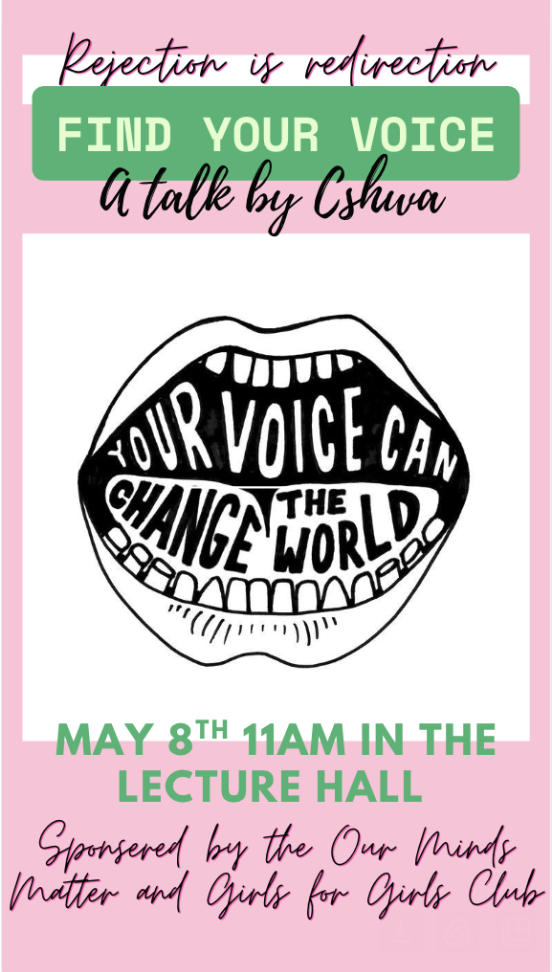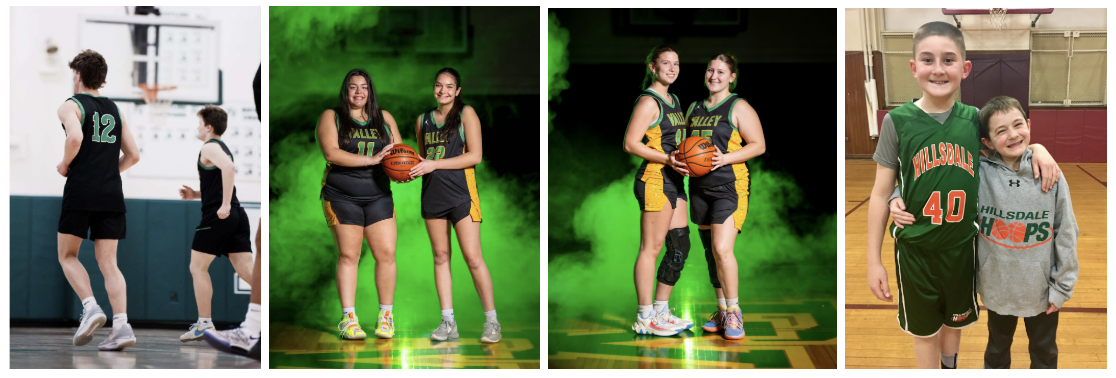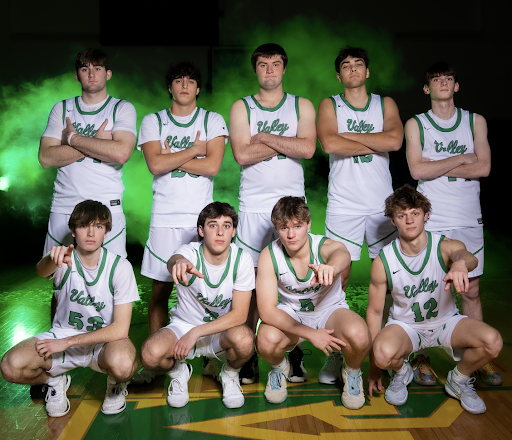After hearing Dr. Barry Bachenheimer speak to my AP Government and Policy class 22 years after the 9/11 terrorist attacks, the situation was brought to a higher level of relevance for me. I have known and met individuals who were involved and affected by 9/11 on all different levels because everyone had or has been affected by the events of September 11th.
Yet, Dr. Bachenheimer went into a deep description of his beginnings in EMT and paramedic duties and explained his role on 9/11 and in the days following. He began as an EMT and paramedic in college and continued with the practice into his adult life. He described being in school on 9/11, during which he was a social studies teacher in Springfield, NJ, watching the news and discovering that a plane had hit one of the World Trade Center buildings. Later, he heard that another plane had hit the tower, realizing that it was serious situation.
He walked us through his progression of being called to help out the victims of 9/11 and how he made the trip to Jersey City, helping victims coming in off of ferries. He relayed that he felt powerless and not meaningful after helping the victims who simply needed water in their eyes from the dust. However, I knew how impactful his efforts were that day. He continually returned to the dust and the impact it had not only on people who needed immediate help but also lingering effects of the dust, including one of his friends who suffers from cancer and other health-related issues likely due to the dust fumes from post-9/11. Bachenheimer highlighted the search and rescue mission workers, including the dogs, who searched through 20 feet of metal, looking for stragglers. He had a specific role in which he acted like a straggler so that the search and rescue dogs could see him, boosting their morale.
Although Dr. Bachenheimer felt as though his impact was not as important as that of some of the other EMS and law enforcement present at the scene and site post 9/11, his role was felt and appreciated dearly by the entire country.
One of the most important and necessary tools to have when studying history is a primary source. Eventually, certain events will lack a primary source, and it is important to hear and listen to the people who are alive to tell the story: making sure not only is the event remembered but so is the story of the person re-telling the event.


